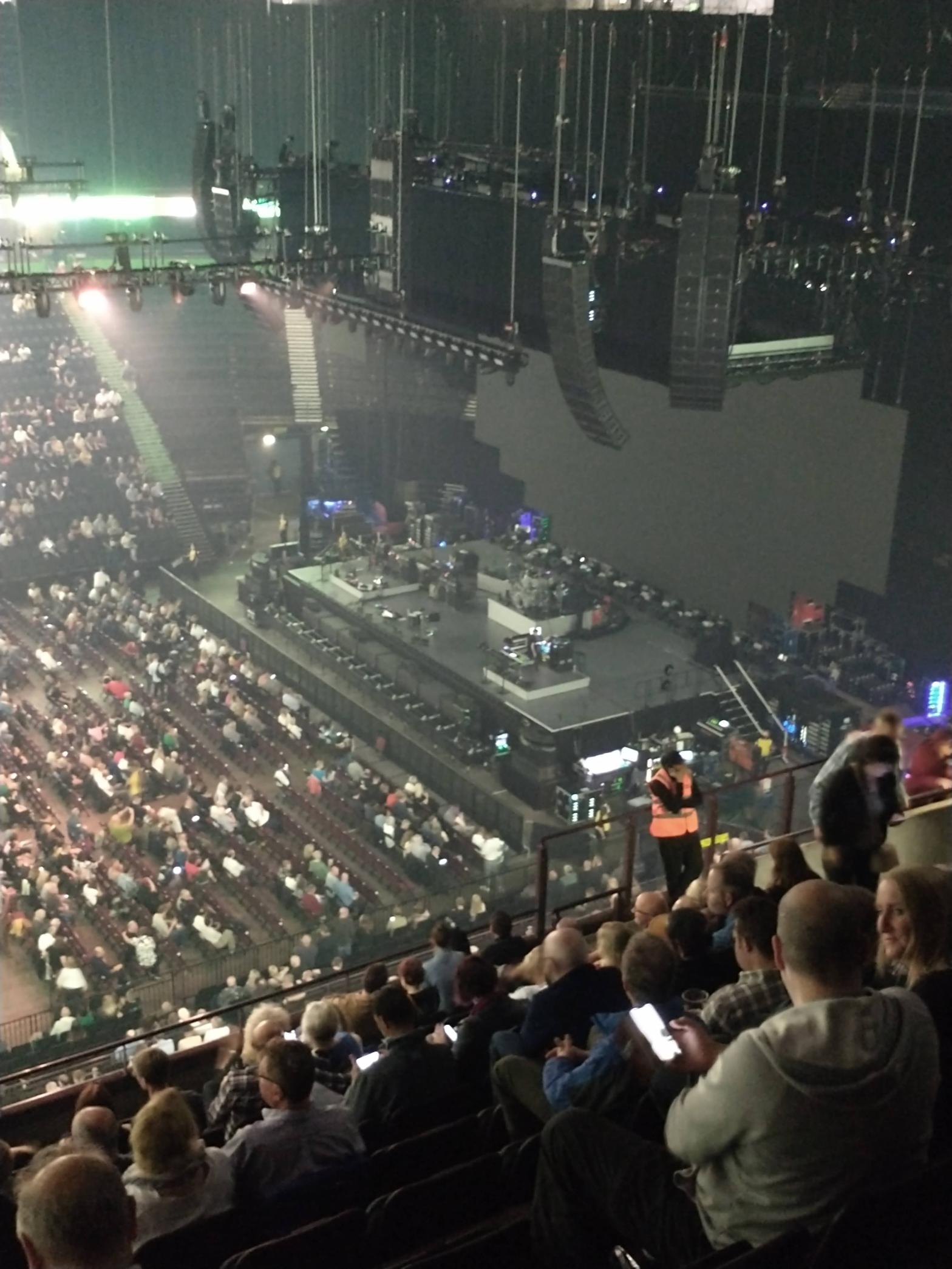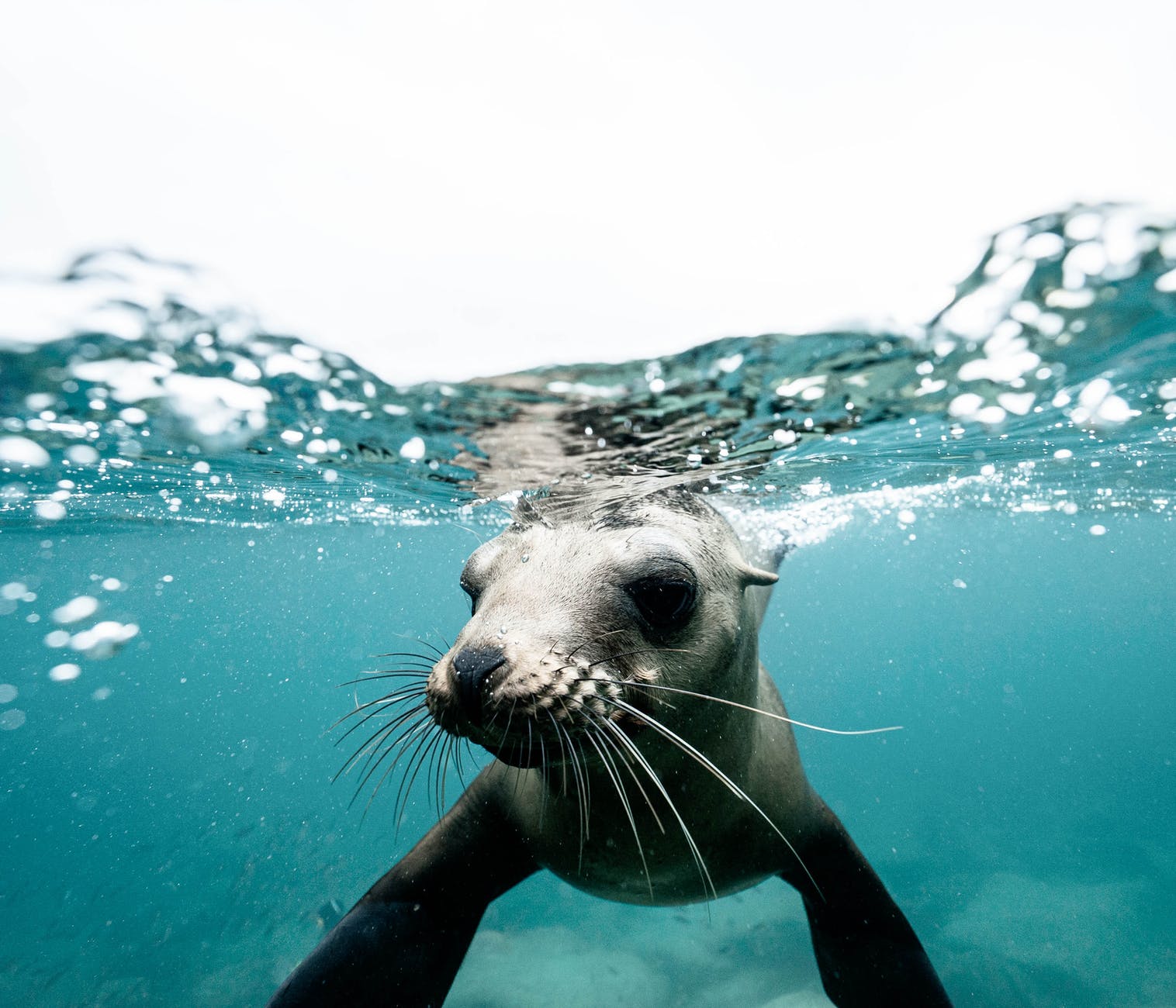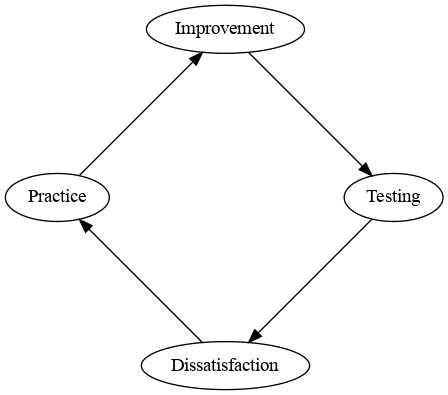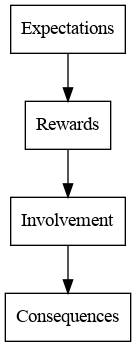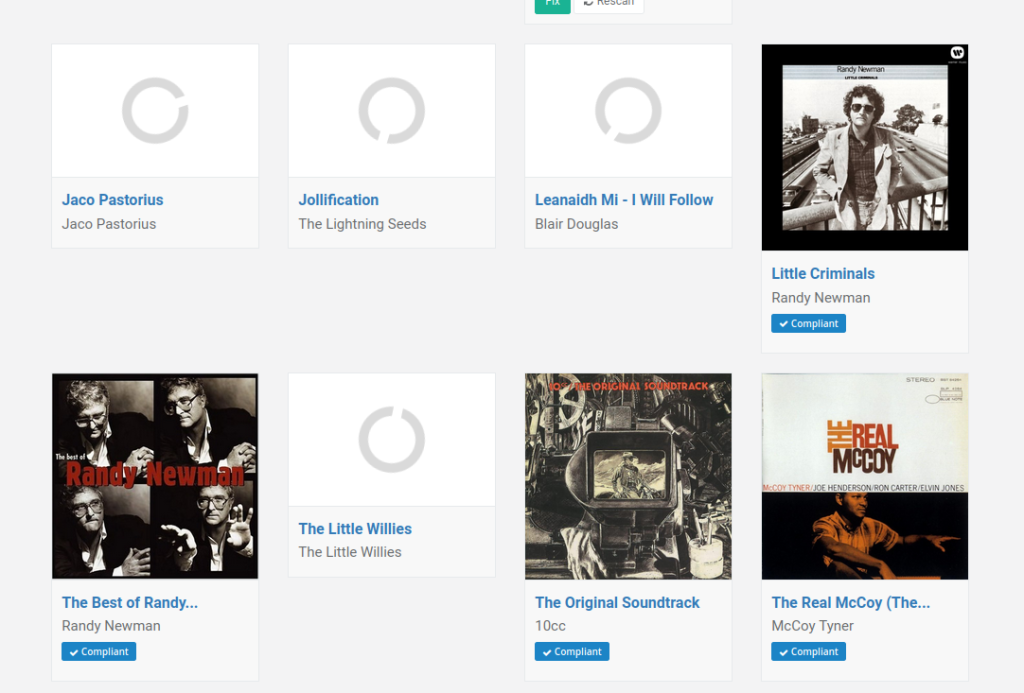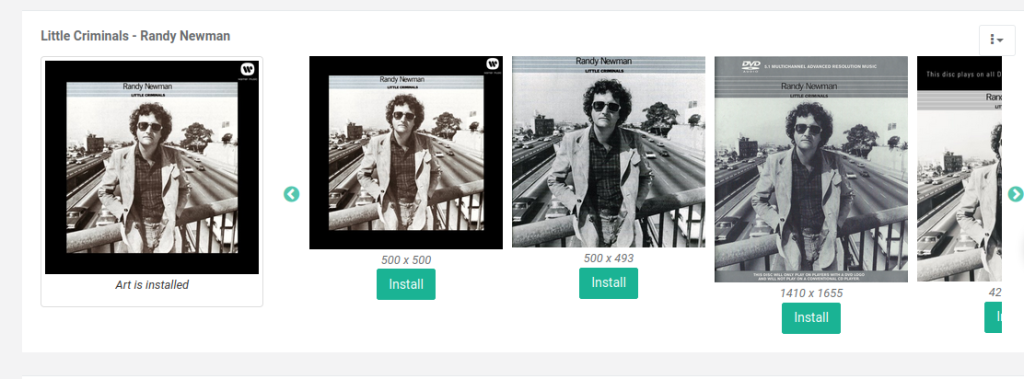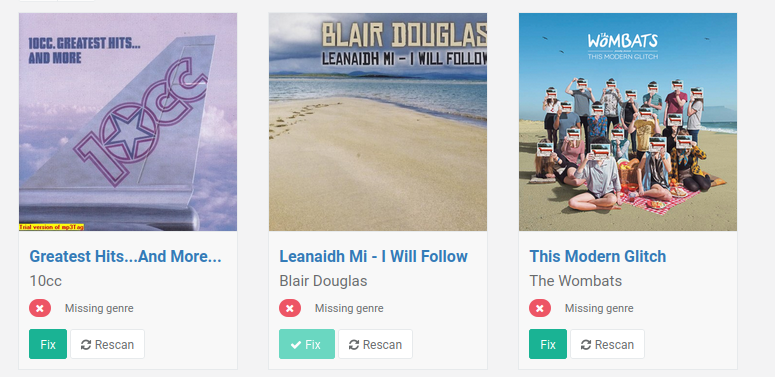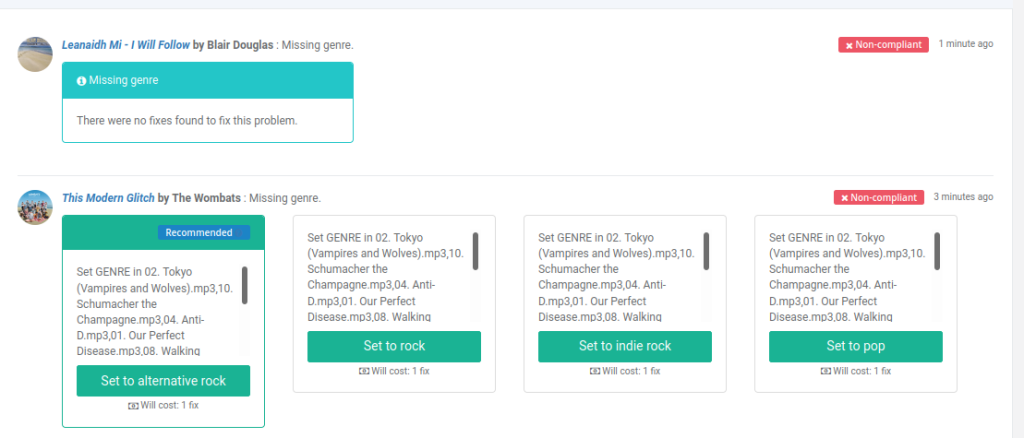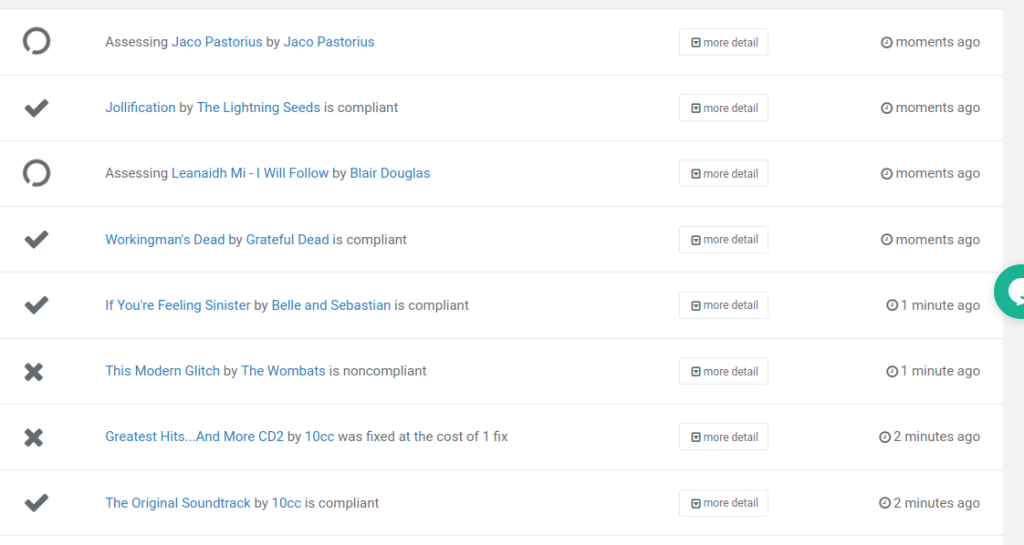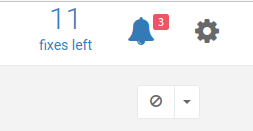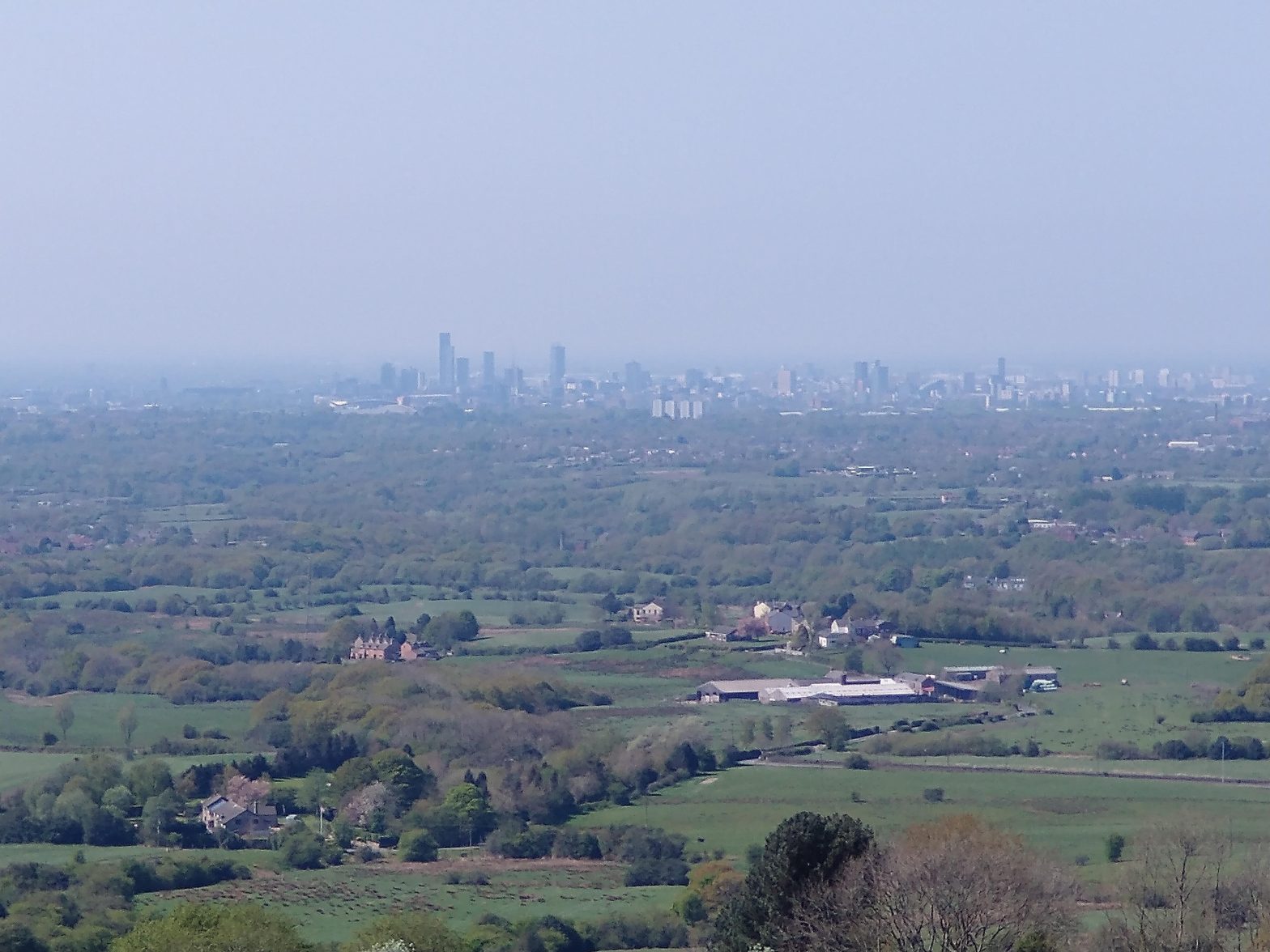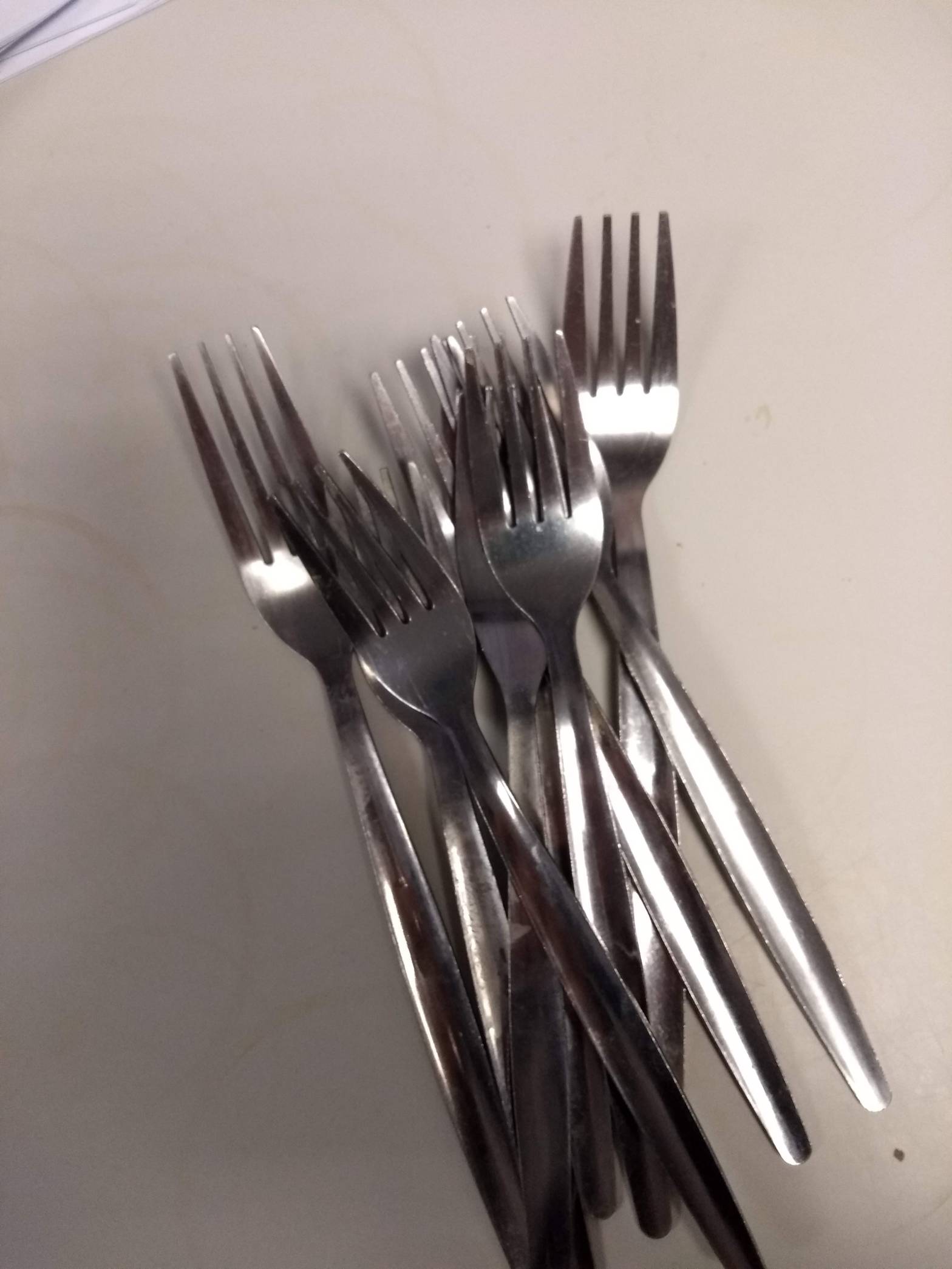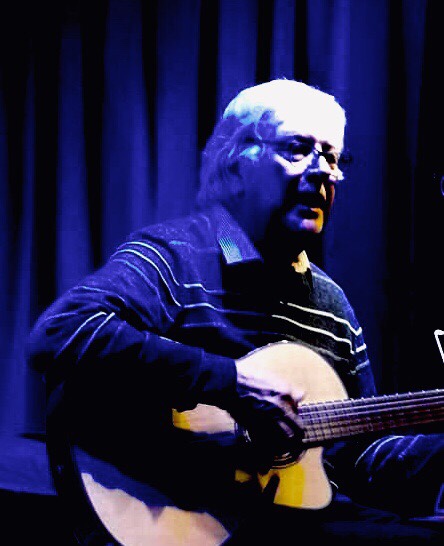On Friday night I saw Genesis for what will probably be the last time. It was was an excellent, though flawed, gig. Excellent because of the warmth of the crowd, the good humour of the band and the body of work they played. Flawed because they are getting too old for performing. Much comment has been made in the media about how Phil Collins performs seated (as does Mike Rutherford for part of the performance). What’s not really been mentioned is how often Phil Collins is off key and out of time. If I’m to brutally honest, the other original band members weren’t at the top of their game either in terms of their playing.
But this isn’t a problem. Phil Collins still has great stage presence and charisma, he controls the audience with a wave of his hand. And there is is something rather magnificent about seeing him refusing to give up, walking onto stage using a stick. Unlike some other groups still touring, I don’t imagine that Genesis need the money. They were performing because they wanted to.
I’ve written before about Second Rate Entertainment and how much I enjoy it. This was hardly a second rate entertainment. The light show was of typically high standard, a lot of time had clearly been spent on arranging and rehearsing. I’ve seen a number of older bands in the past few years using backing vocalists and musicians to support ageing singers and players. It’s usually done thoughtfully and honestly, the audience is under no illusions about what they’re hearing.
This was a gig aware of mortality. The song Fading Lights, the last song on Genesis’ last album together was used to introduce a medley of old hits. The most poignant moment was in the middle of I Know What I Like. Many of us remember how Phil Collins would perform a lively dance with the tambourine. Now all he could do was rather wryly hit it on his head.
I don’t know what non fans would make of the event. I saw a lot of history in this performance a certain bravery and quiet resolution not to gentle into that dark night. I was very moved.
And I knew that’s not just because of the gig. I’ve been a Genesis fan since I was a teenager. That concert felt like an end bracket on part of my life, one reflected in the fact that I was taking my son to university the following day. The end of another era. But another built on a solid body of work that I will certainly remember.
Genesis AO Arena Manchester 24/9/21
